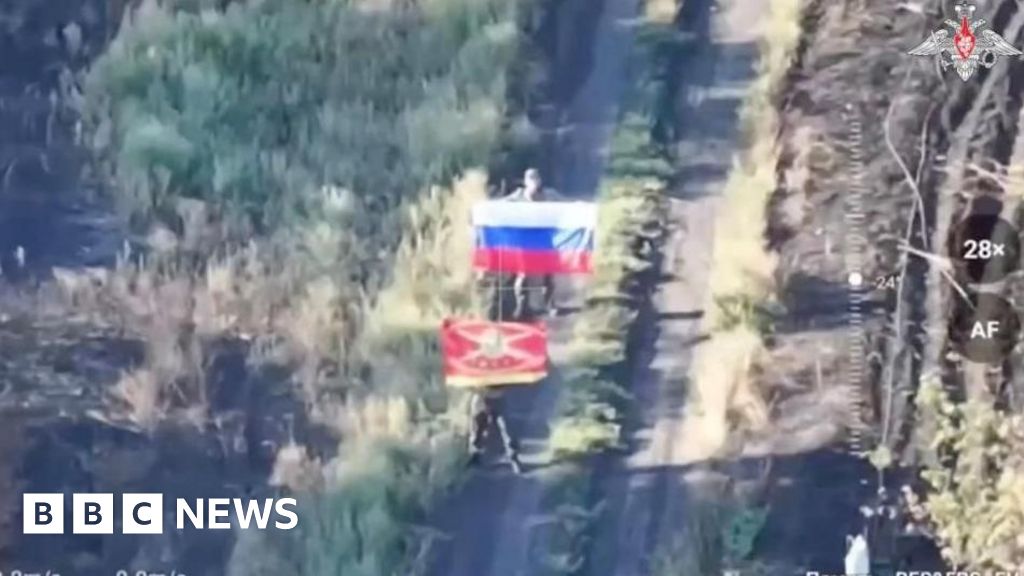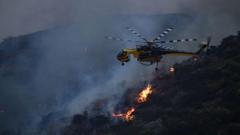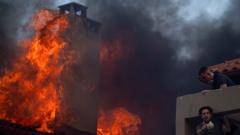In a curious and opaque process, seven officials are vying for the presidency of the International Olympic Committee (IOC), a position vital within international sports. On the night before their presentations, IOC members and candidates convened privately at the Olympic Museum in Lausanne, Switzerland, which sets the stage for an election shrouded in secrecy and strict regulations.
The incumbent, Thomas Bach, who will be stepping down, maintained a traditional approach, ensuring the gathering remained apart from candidates during dinner. Although he humorously suggested it was to allow members to enjoy their meal peacefully, the unyielding rules of the election have left many candidates unsettled about their ability to communicate effectively with IOC members and the public.
Among the candidates is Prince Faisal bin Al Hussein, the only royal in the race. He has openly criticized the lack of transparency, stating, “The world has a right to know who is running.” Joining him are other notable figures, including Spanish businessman Juan Antonio Samaranch, Olympic champion swimmer Kirsty Coventry, and four prominent heads of sports federations, including Sebastian Coe.
Complications arise as candidates, barred from debates or vocal critiques of one another, navigate a tightrope of rules restricting their engagement. Their primary chance for contact with IOC members is limited to a single presentation - a tightly orchestrated affair at the IOC headquarters following an exclusive dinner.
Observers have likened the process to a papal conclave, a secretive voting gathering to elect a new pope. Comments from candidates echo frustrations over limited interaction with voters and the convoluted election processes. For them, revealing their visions is critical but hampered by an environment conducive to little debate or assessment.
As the candidates prepare their pitches, each confronts a complex landscape where the stakes are immense: control over an organization generating around $8 billion every four years and the influential role of the Olympic presidency in global diplomacy, especially in a world increasingly polarized.
With the election nearing, candidates are acutely aware of the necessity for connection, as many members are reticent to share insights about their voting preferences. This private nature slows momentum for electoral debates, critical for understanding the direction of the Olympic movement moving forward.
The impending election, set to take place in March in Greece, will gauge the candidates' abilities to navigate through this legislative labyrinth. The new president will undoubtedly face numerous challenges, including negotiating significant television contracts and managing international relations across the sporting landscape.
As they scramble for support globally, the candidates’ next steps are crucial toward convincing IOC members before the decisive vote, set to finalize who will take the helm of the world’s pinnacle sports organization.




















